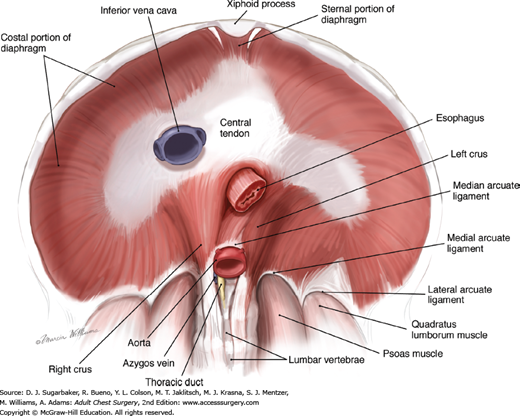
Diaphragm surgery, also known as diaphragmatic surgery, is a medical procedure performed on the diaphragm, which is a large muscle located between the ches t and the abdomen. Here's some information about diaphragm surgery in simple words:
Diaphragm surgery is done for various reasons:
Diaphragmatic Hernia: Sometimes, a hole or weak area can develop in the diaphragm, allowing organs from the abdomen to move into the chest cavity. Diaphragm surgery is performed to repair this hernia and move the organs back to their proper place.
Diaphragm Paralysis: In cases where the diaphragm becomes paralyzed or weak, surgery may be necessary to strengthen or restore its function.
Hiatal Hernia: A type of diaphragmatic hernia where a portion of the stomach slides up into the chest through the diaphragm. Surgery can be performed to fix this condition.
Laparoscopic Diaphragmatic Hernia Repair: In this minimally invasive procedure, small incisions are made, and a laparoscope (a thin, flexible tube with a camera) and surgical tools are inserted to repair the diaphragmatic hernia.
Open Diaphragmatic Hernia Repair: In more complex cases, an open surgery may be performed, where a larger incision is made to directly access and repair the diaphragm.
The recovery time after diaphragm surgery varies depending on the type of surgery performed and the individual's overall health. Patients usually spend some time in the hospital for monitoring and post-operative care.
As with any surgical procedure, diaphragm surgery carries certain risks, including bleeding, infection, complications related to anesthesia, or damage to surrounding organs. However, these risks are generally minimized when the surgery is performed by experienced surgeons in appropriate medical settings.
Diaphragm surgery involves procedures performed on the diaphragm to treat conditions like diaphragmatic hernia, diaphragm paralysis, or hiatal hernia. These surgeries are essential for restoring the normal function of the diaphragm and improving overall health. If someone requires diaphragm surgery, it's crucial to consult with a qualified healthcare professional to understand the specific procedure, its benefits, and potential risks.